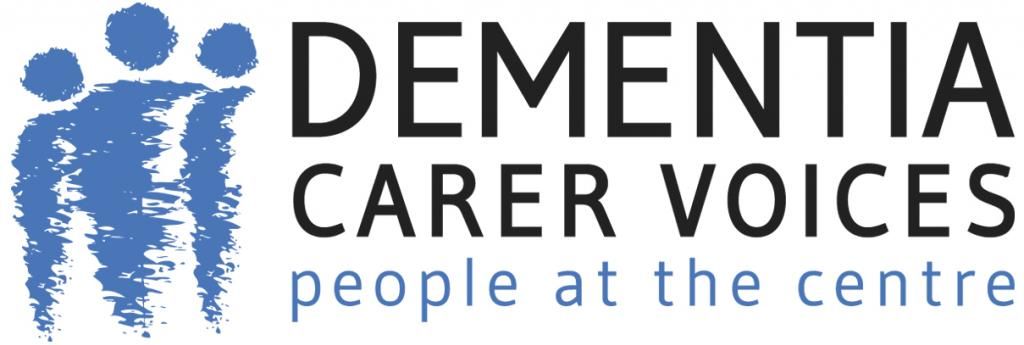Project Engagement Lead, Tommy Whitelaw will be off on his travels again on the 6th of December to Paris.
Tommy has been invited to runs a group discussion on: “The perspective of individuals and families facing chronic diseases – practical issues (work, finances, cultural attitudes…)”
More information on the event and sessions can be found below.
Alzheimer’s Outlook 2016 Prospective focus group, December 9th, 2016
“Which care if Alzheimer’s disease could be diagnosed before any clinical sign?”
Scientific programme and schedule
1. Introduction
The Fondation Médéric Alzheimer initiated in 2007 a strategic reflection on how the future context of dementia may unfold in the next decades, in collaboration with international experts. This challenging endeavor implies engaging with uncertainty within limits of scientific plausibility. This prospective reflection is called the Alzheimer’s Outlook.
The multi-disciplinary expert group composition varies according to the focus given (prospective core group or special focus group) and to the evolution of existing knowledge at the meeting time. The prospective core groups discuss about long-range plausible developments of the extended dementia field, whereas focus groups discuss about specific issues to gain further insight in a given area. Expertise gathered varies from one group to the next. The expert group discussion remains confidential and restricted to group members. Some key elements are published in scientific journals.
A first prospective core group met three times between 2007 and 2010, under the coordination of Pr Henry Brodaty from the University of New South Wales (Australia). Time horizon was set to 2020. A synthesis of this work has been published1.
A second prospective core group met twice in 2012, led by Pr Philippe Robert, coordinator of the Research Memory Center at the Nice University hospital, France. Time horizon was set to 2025. A synthesis of this work has been published2.
In 2013 and 2014, three special focus groups, still led by Pr Philippe Robert, convened on the themes “Senses and Alzheimer’s disease” and “Technologies and Alzheimer’s disease”. An article focused on sensory mechanisms and dementia has been published3. An article titled “Technologies to address capabilities of people with dementia; from research to practice” has been submitted to Dementia.
In December 2015, a third prospective core group, still coordinated by Pr Philippe Robert, met to continue updating the Alzheimer Outlook, with a seminar titled: “Dementia beyond
2030: an update”. Seminar covered: disease scope; epidemiology, risk factors, and prevention; understanding of cognitive aging and dementia; biological causes of dementia; detection and diagnosis of dementia; new therapeutic targets for dementia; psychosocial research and interventions in dementia; assistive technology and dementia; sensory impairment and dementia; biomedical ethics and dementia; dementia care; public policies, economics, and dementia. A scientific article is planned.
In December 2016, The Fondation would like to bring together a specific focus group on prevention titled: “Which care if Alzheimer’s disease could be diagnosed before any clinical sign?” Time horizon, largely extended, is now set to 2050. A prospective, fictional scenario, to be challenged by the group, has been written by the Fondation Médéric Alzheimer to induce a high-level, open discussion within defined boundaries. This group will gather international experts from different fields (aging and public health, neurology, psychiatry, psychology, nursing, marketing management, engineering, neurobiology, economics, philosophy). The expert group will be coordinated by Pr Philippe Robert. A scientific article reporting the results of the seminar will be written by the Fondation.
2. Seminar objective
The expert group will discuss how the context of AD may evolve by 2050 under the angle of mid-life secondary or tertiary prevention after a diagnosis of AD has been established with a composite (biomarker, imaging-based) test with a 100% predictive value (hypothesis of diagnostic certainty).
Expert discussion will be based on a future fictional context described in the attached scenario: “Alzheimer’s disease repelled: lessons from four decades of prevention in people without clinical signs” (page 5 of present document).
This scenario deliberately intends to challenge the biomedical model of Alzheimer’s disease diagnosis and prevention within limits of scientific plausibility.
Group discussion should address the 3 following questions:
Question 1: how to define the target population at-risk for AD, to be screened with the test?
Question 2: what will be the consequences in everyday life for the people diagnosed for AD without clinical symptoms?
Question 3: what medical and psychosocial interventions should be designed for this target population?
Geographic scope is Europe.
3. Seminar schedule
Meeting starts : 8h30
8:30 – 9:00
Paul-Ariel KENIGSBERG: Seminar objectives Presentation of the members of the expert group
9:00- 9:10
Paul-Ariel KENIGSBERG: Scenario overview – “Alzheimer’s disease repelled: lessons from four decades of preventive care in people without clinical signs”
9:1010:10
Individual reactions of experts to the key elements of the scenario: Scientific plausibility, doubts, disagreements, pending questions…
10:10- 10 :25
Marion BERARD (Ecole normale supérieure): “The value of knowing”
10:25- 10:35
Emilie HERMANT (DingDingDong Association): “The perspective of people living with an announced genetic disease and their families” (Huntington’s disease)
10:35- 10:45
Pause
10:4511:00
Group discussion about the last 2 interventions
11:00- 11:45
Group discussion: context of diagnosis How to define the target population at-risk for AD, to be screened with the test? (medical criteria, life situation, lifestyle…)? How to propose the test? How to announce the test results?
11:45- 13:00
Group discussion of situations 1-3 1. Simple diagnosis, effective symptomatic drug treatment 2. Simple diagnosis, moderately effective symptomatic drug treatment 3. Complex diagnosis, effective symptomatic drug treatment
13:00- 13:45
Lunch at the Fondation
13:4514:15
Group discussion of situation 4: 4. Complex diagnosis, moderately effective symptomatic drug treatment
14:15 15:00
Tommy Whitelaw (The ALLIANCE): “The perspective of individuals and families facing chronic diseases – practical issues (work, finances, cultural attitudes…)” Group discussion: societal issues
15:0015:30
Synthesis of the 4 situations Key elements for the scientific publication
15:30 16:00
Next steps Selection of journal for publication Closing remarks
Meeting ends : 16:00










.jpg)











